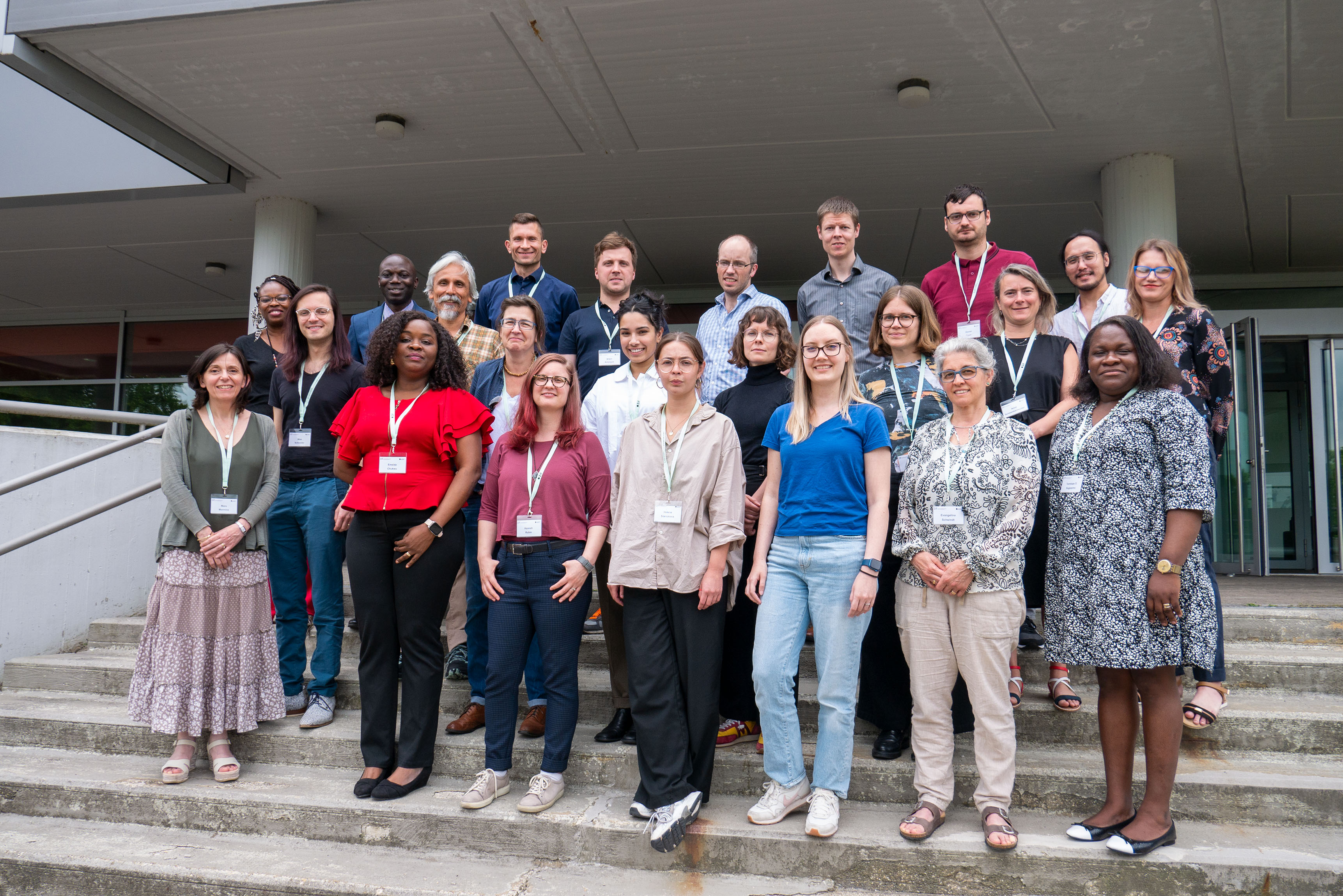Zentrum für interdisziplinäre Forschung
The Forum on the Future of Evidence-Based Policy
Climate change, biological invasions, the destruction of ecosystems, pandemics and unequal access to public health services by huge parts of the global population increase the interest in evidence-based policymaking. Therefore, the Research Group “The Epistemology of Evidence-Based Policy”, convened by Dr Anne Schwenkenbecher (Murdoch University, Australia) Dr Remco Heesen (London School of Economics and Political Science) and Prof Chad Hewitt (Lincoln University New Zealand), organized the "Forum on the Future of Evidence-Based Policy" at ZiF in December 2023.
Experts from NGOs and governmental research organizations, members of parliaments, journalists, scientists and philosophers came together to develop solutions and proposals to address the problems in evidence-based policymaking. The participants discussed the role of biases, incentives and interests in evidence-based policymaking, the challenges and potentials of knowledge brokering and science communication and the function of ethics and social justice.
Through a keynote by political scientist Paul Cairney (University of Sterling), presentations of the Research Group’s members, panel discussions, a Masterclass on Ethics in evidence-based policymaking and facilitated discussions the participants brought together key findings related to the status quo, a vision for and concrete measures to implement evidence-based policymaking.
Contributions of the Research Group focused on the types of evidence used in the COVID-19 response policies and biosecurity management policies, barriers and challenges to evidence-based policymaking, the role of conflicts and disagreements in the field, the influence of knowledge brokers, the role of knowledge demands and the functions and effects of knowledge brokering.

(Universität Bielefeld)
The Masterclass on Ethics in evidence-based policymaking focused the participants´ attention on the importance of values in evidence production, selection and utilization. The facilitated discussions incentivized the participants to identify the challenges to evidence-based policymaking such as the lack of diversity in evidence utilized in policymaking, a lack of capacity building at the governmental level to implement evidence-based policymaking, the prioritization of identity and ideology over evidence, a lack of transparency in the process of evidence selection and utilization or a lack of resources to use evidence.
Based on this, objectives and proposals for increasing evidence utilization in policymaking were formulated. Some proposals addressed the academy, where a need to incentivize policy impact at the researcher´s level or the involvement of policymakers in helping to frame research questions or agendas, were formulated. Related to policymaking the participants proposed measures such as a toolbox for evidence deliberation, the increased citation of science and expertise in policy documents or the broadening of the spectrum of expertise consulted during policymaking.
The process of knowledge brokering and science communication was addressed as well by arguing for knowledge brokering organizations that have experts in science, science communication, and policymaking.
The Forum on the Future of Evidence-Based Policy was driven by the participants´ intention to influence policymaking and evidence communication by providing some ideas how to facilitate this challenging approach in a White Paper. This trans- and interdisciplinary event increased the interest of participants in the co-production of policy relevant ideas on the future of evidence-based policy.